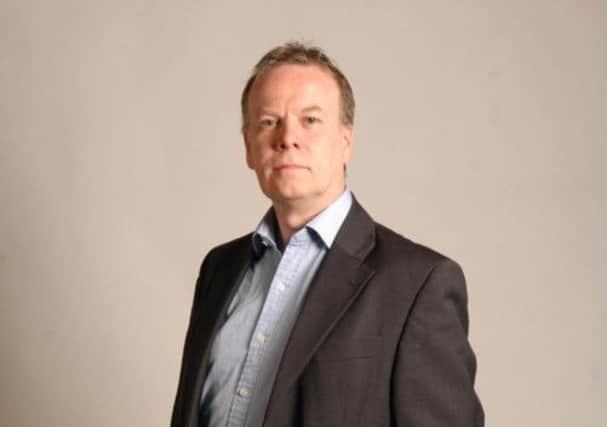Comment: Western firms’ rush into China needs rethink


China is the fastest-growing economy in the world, destined to be the biggest. It’s a no-brainer.
Well, try telling Philip Clarke, chief executive of Tesco, who has just been forced into a third embarrassing overseas climbdown after succeeding the much-lauded Sir Terry Leahy two years ago.
Advertisement
Hide AdAdvertisement
Hide AdThe company is ending its solo venture in China and tying up with a partner in a deal that is likely to see the Tesco name disappear. It comes just months after the supermarket giant exited Japan and pulled the plug on its US business, Fresh & Easy.
Tesco is not the only British, or indeed western, firm to reverse plans to conquer other parts of the world. B&Q made a foray into China in 1999, only to halve the number of stores it planned as losses mounted. Germany’s Metro said in January it was pulling out of the consumer electronics business in China. US firm Home Depot is closing all its stores.
Others have been caught up in investigations by a new regime that some accuse of targeting foreign firms. Last week, six baby formula manufacturers were fined $110 million (£71m) for anti-competitive pricing, while GlaxoSmithKline is under investigation for alleged bribery.
Tesco’s problems are purely commercial, and for Clarke it will be particularly painful. It was in a previous role as head of the firm’s international business that he unveiled plans to make it bigger in China than it is in Britain.
It is estimated that Tesco has invested about £1.5 billion in China on the grounds that Leahy had pledged £2bn by 2015. This is likely to be scaled back.
However, all is not lost, and some actually see the joint venture with China Resources Enterprise, in which Tesco will hold 20 per cent, as a step towards the British company increasing its exposure.
What most agree on is that growth will be slower and that some western firms still need to understand the different ways of doing business in Asia.
Another problem is that too many have rushed in at the same time, lured by an expanding middle class with money to spend and a desire for western goods.
Advertisement
Hide AdAdvertisement
Hide AdFor now, Clarke and his Tesco board will be licking their wounds and hoping their plans to revamp the UK stores into destination centres with everything from meat counters to yoga classes will bear juicier returns.
Carney makes confident debut
Mark Carney’s long-awaited debut appearance as governor of the Bank of England did not disappoint. His presentation was assured and confident, his ideas for change broadly welcomed, even if the implications of what lies ahead did not get the full support of the stock market.
Of course, anyone in the economics forecasting business is, to a degree, on a hiding to nothing. Keep revising until you get it right may be the best advice.
At least the Canadian – who last month succeeded Mervyn, now Lord, King – has delivered on “forward guidance”, the new policy for providing the markets with a long-term outlook and therefore more stability and predictability.
Carney also seems to have the other members of the bank’s monetary policy committee (MPC) on his side and it would be no surprise when the minutes of the last meeting are published this week to see a second consecutive unanimous vote on interest rates and quantitative easing.
From now on, however, unemployment will come into the equation. Under the new guidance, interest rates won’t rise until UK unemployment falls from its current 7.8 per cent to 7 per cent.
There was a little disappointment that the figure was not lower and there remains some scepticism about the link between unemployment and growth. The rate may fall, but a lot of new jobs are temporary, part-time and low-paid, and that does not inspire consumer confidence.
There are caveats in the new policy, notably that inflation remains core to any change and is not being replaced by unemployment as the key target. And even if the jobless rate does hit 7 per cent, the MPC will assess conditions before any action.
Advertisement
Hide AdAdvertisement
Hide AdKing was criticised for being too slow to react to the banking crisis. His successor appears to be in a hurry to inject fresh thinking, but luck may also be on his side now that the economy appears to be recovering.
Twitter: @TerryMurden1